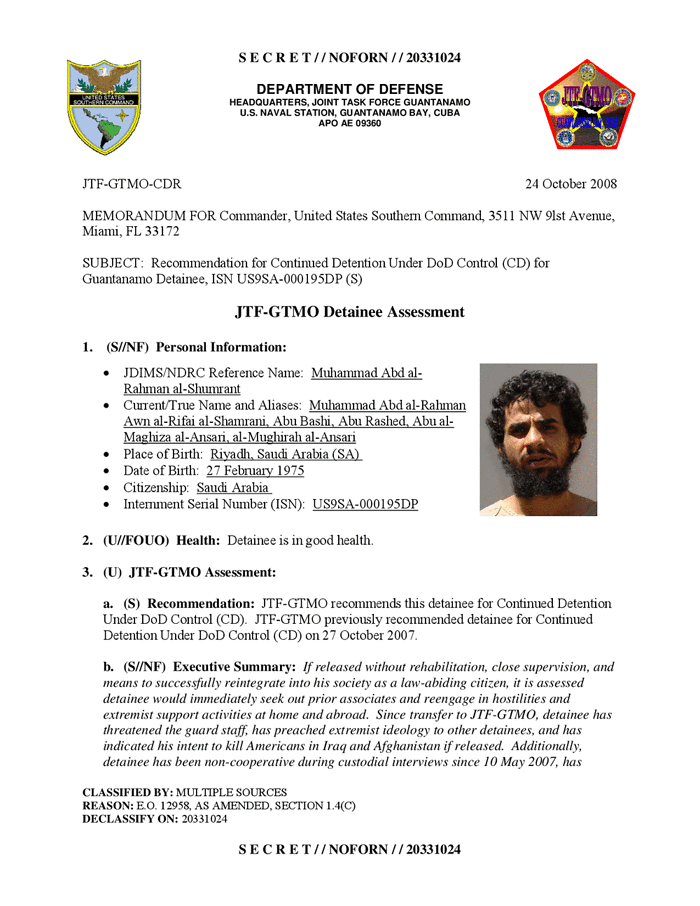There are 150 FBI agents assigned to work the Clinton public corruption scandal of which the Clinton Foundation is at the core.
FBI’s Clinton probe expands to public corruption track
EXCLUSIVE: The FBI investigation into Hillary Clinton’s use of private email as secretary of state has expanded to look at whether the possible “intersection” of Clinton Foundation work and State Department business may have violated public corruption laws, three intelligence sources not authorized to speak on the record told Fox News.
This new investigative track is in addition to the focus on classified material found on Clinton’s personal server.
“The agents are investigating the possible intersection of Clinton Foundation donations, the dispensation of State Department contracts and whether regular processes were followed,” one source said.
The development follows press reports over the past year about the potential overlap of State Department and Clinton Foundation work, and questions over whether donors benefited from their contacts inside the administration.
The Clinton Foundation is a public charity, known as a 501(c)(3). It had grants and contributions in excess of $144 million in 2013, the most current available data.
Inside the FBI, pressure is growing to pursue the case.
One intelligence source told Fox News that FBI agents would be “screaming” if a prosecution is not pursued because “many previous public corruption cases have been made and successfully prosecuted with much less evidence than what is emerging in this investigation.”
The FBI is particularly on edge in the wake of how the case of former CIA Director David Petraeus was handled.
One of the three sources said some FBI agents felt Petraeus was given a slap on the wrist for sharing highly classified information with his mistress and biographer Paula Broadwell, as well as lying to FBI agents about his actions. Petraeus pleaded guilty to a misdemeanor in March 2015 after a two-plus-year federal investigation in which Attorney General Eric Holder initially declined to prosecute.
In the Petraeus case, the exposure of classified information was assessed to be limited.
By contrast, in the Clinton case, the number of classified emails has risen to at least 1,340. A 2015 appeal by the State Department to challenge the “Top Secret” classification of at least two emails failed and, as Fox News first reported, is now considered a settled matter.
It is unclear which of the two lines of inquiry was opened first by the FBI and whether they eventually will be combined and presented before a special grand jury. One intelligence source said the public corruption angle dates back to at least April 2015. On their official website, the FBI lists “public corruption as the FBI’s top criminal priority.”
Fox News is told that about 100 special agents assigned to the investigations also were asked to sign non-disclosure agreements, with as many as 50 additional agents on “temporary duty assignment,” or TDY. The request to sign a new NDA could reflect that agents are handling the highly classified material in the emails, or serve as a reminder not to leak about the case, or both.
“The pressure on the lead agents is brutal,” a second source said. “Think of it like a military operation, you might need tanks called in along with infantry.”
Separately, a former high-ranking State Department official emphasized to Fox News that Clinton’s deliberate non-use of her government email address may be increasingly “significant.”
“It is virtually automatic when one comes on board at the State Department to be assigned an email address,” the source said.
“It would have taken an affirmative act not to have one assigned … and it would also mean it was all planned out before she took office. This certainly raises questions about the so-called legal advice she claimed to have received from inside the State Department that what she was doing was proper.”
On Sunday, when asked about her email practices while secretary of state, Clinton insisted to CBS News’ “Face The Nation,” “there is no there, there.”




